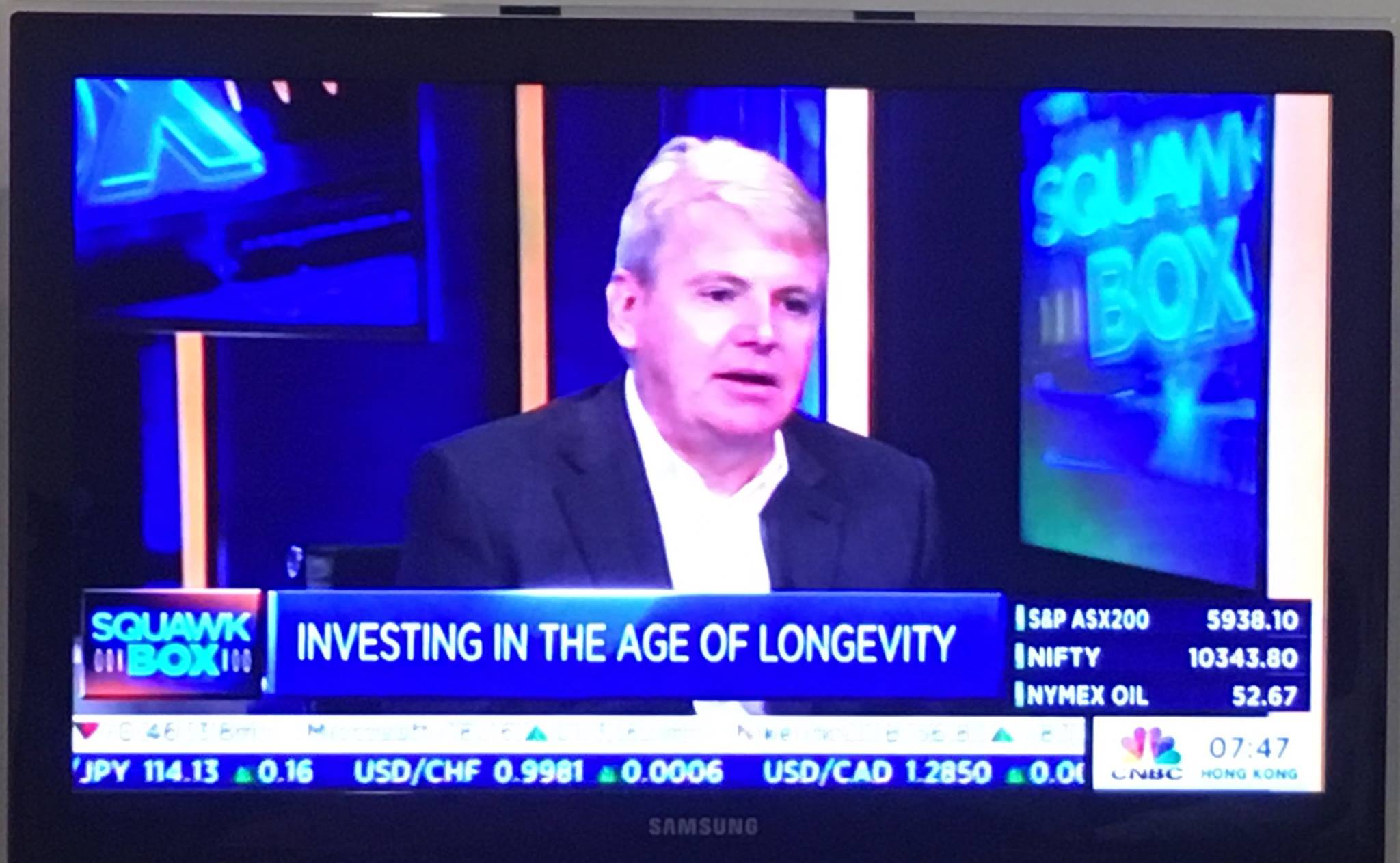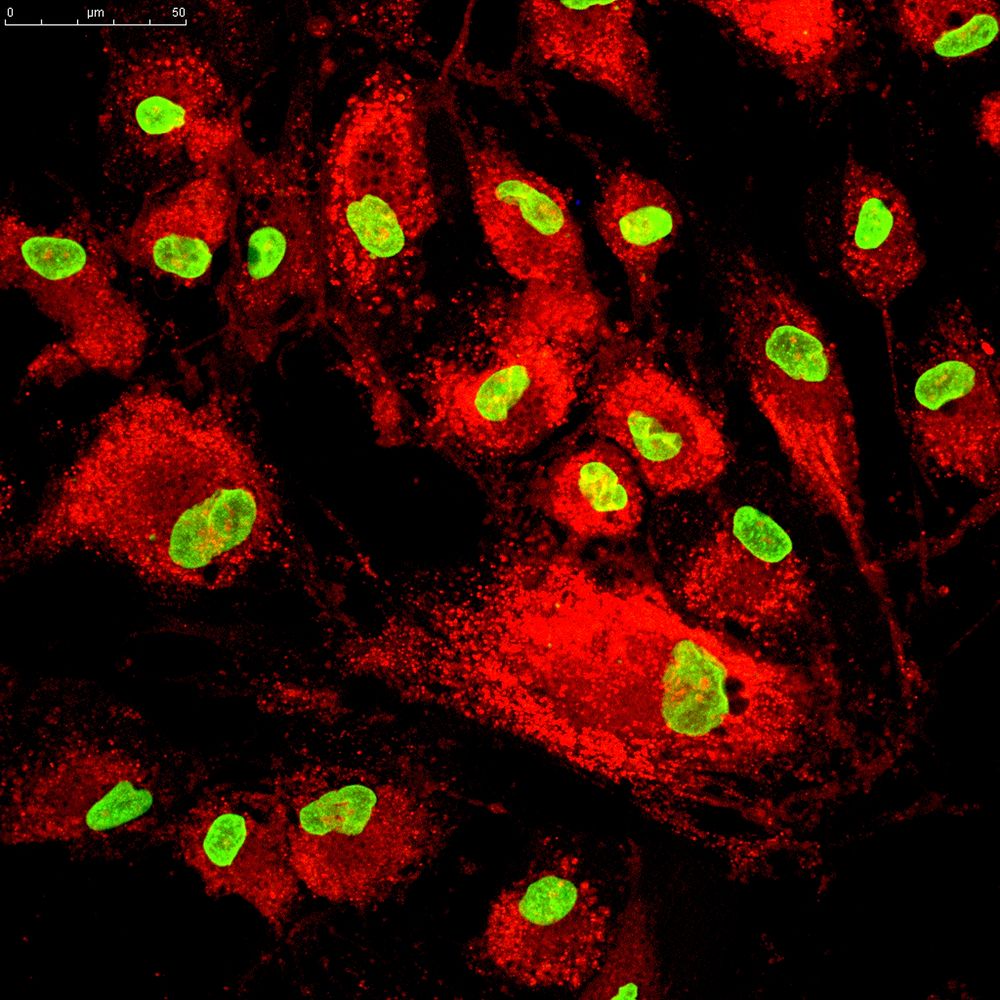Dr. Aubrey De Grey is a biomedical gerontologist and the Chief Science Officer at SENS Research Foundation, a biomedical charity that funds research dedicated to combating aging. His research interests encompass the characterization of all the accumulating and eventually pathogenic molecular and cellular side-effects of metabolism (“damage”) that constitute mammalian aging, and the design of interventions to repair and/or obviate that damage. In line with his research, De Grey gave a talk at The Aspen Abu Dhabi Ideas Festival focusing on “Rejuvenating Biotechnology: Why age may soon cease to mean aging”.
In March 2017, the Aspen Abu Dhabi Ideas Forum welcomed some of the brightest and most interesting minds from the UAE and around the world to discuss four of the most important moonshot challenges facing our planet. The event was inspired by the world-famous Aspen Ideas Festival that has been taking place in Colorado since 2005, as a place for scientists, artists, politicians, business leaders, historians and educators to discuss some of the most fascinating ideas of our time. The 2017 Aspen Abu Dhabi Ideas Forum topics included: “System Shock: Calming the ‘politics of anger’”, “Beyond GDP: Targeting ‘all-in’ human welfare”, “Health: Extending the healthy human lifespan” and “Space: Living Sustainably beyond Earth”.






